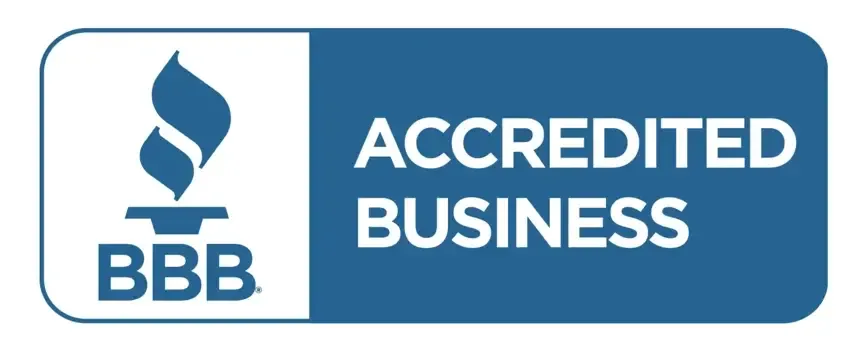Call or Text (951) 477-5682 to get a cash offer on your house!
Navigating Tax Implications When Selling Your Home for Cash
Selling a home is a significant financial decision that involves various complexities, especially when it comes to understanding the tax implications. For homeowners considering selling their property for cash, it's essential to be aware of how capital gains tax might impact their proceeds. Whether you're a first-time seller or an experienced homeowner, understanding these tax intricacies can help you make informed decisions and potentially save money.
Understanding Capital Gains Tax
Capital gains tax is a levy imposed on the profit realized from the sale of certain types of assets, which includes investments like stocks, bonds, and real estate, and the amount of tax owed is influenced by factors such as the duration for which the asset was held (short-term versus long-term) and the income tax bracket of the seller. When it comes to real estate, capital gains tax can be a significant consideration for homeowners looking to sell their properties, particularly since the profit or "gain" from the sale of a home can potentially be quite substantial.
The Internal Revenue Service (IRS) offers specific exclusions aimed at reducing the capital gains tax burden for homeowners who are selling their primary residences. These exclusions allow for a considerable amount of profit to be exempt from taxation, up to $250,000 for individuals filing singly and up to $500,000 for married couples filing jointly. To qualify for this exclusion, homeowners need to meet certain conditions, such as having used the home as their primary residence for at least two out of the five years preceding the sale and not having claimed the exclusion on another home sale within the last two years.
By meeting these criteria, many homeowners find that they can significantly reduce or even completely eliminate the capital gains tax on the sale of their primary residence, providing a substantial financial benefit and making the process of selling a home much more attractive and financially rewarding.
Primary Residence Exclusion
One of the key benefits for homeowners is the primary residence exclusion. The IRS allows single filers to exclude up to $250,000 of capital gains, while married couples filing jointly can exclude up to $500,000. To qualify, you must have owned and lived in the home as your primary residence for at least two of the five years preceding the sale. More detailed information can be found on the IRS official page.
Calculation of Gains
Calculating the capital gain from your home sale involves determining your cost basis, which includes the original purchase price plus any qualifying home improvements. Subtract this cost basis from the selling price to find your capital gain. Improvements that add value, prolong the home's life, or adapt it to new uses can be included in your cost basis, thus reducing your taxable gain.
Potential Deductions and Adjustments
Several deductions and adjustments can further mitigate your capital gains tax liability. Understanding these can lead to significant tax savings.
Selling Expenses
Expenses directly related to selling your home, such as repairs, legal fees, and real estate commissions, can be deducted from the selling price. This applies even in cash sales, which are common for those looking to sell quickly in the Temecula area.
Home Improvements
Investing in home improvements can pay off when selling your home. These improvements increase your cost basis, thereby reducing your capital gains. This includes projects like adding a new roof, installing energy-efficient windows, or upgrading kitchen appliances.
Losses on Sale
It's important to note that if you sell your home at a loss, you cannot deduct this loss on your taxes. This rule applies to personal residences but not to investment properties, where losses can be deductible.
State-Specific Deductions
California has its own set of tax rules that may affect homeowners in Temecula. For instance, the state offers a property tax postponement program for seniors, blind, or disabled citizens. While not directly related to capital gains, such programs can provide financial relief and are worth exploring for eligible homeowners.
Reporting the Sale on Your Tax Return
Properly reporting the sale of your home on your tax return is crucial to avoid penalties and ensure compliance.
Necessary Forms and Documentation
When selling a home, you'll need to report the sale on your tax return using forms like Form 1099-S, which reports the sale of real estate, and Schedule D, which covers capital gains and losses. Keeping thorough records of your purchase, sale, and any improvements is essential for accurate reporting.
Record Keeping
Maintaining comprehensive records is not just good practice; it's essential for tax purposes. Keep documentation of the original purchase price, receipts for improvements, and any selling expenses. This information will be vital if the IRS questions your reported capital gains.
Consultation with Tax Professionals
Given the complexity of tax regulations, consulting with a tax professional is advisable. They can provide tailored advice to optimize your tax situation and ensure compliance with federal and state tax laws.
Impact of Cash Sales on Reporting
A common misconception is that cash sales do not need to be reported. This is not true. Regardless of how you receive payment, the sale must be reported on your tax return. Cash sales might simplify the transaction process, but they do not exempt you from tax obligations.
Strategies to Minimize Tax Liabilities
Homeowners can employ various strategies to minimize their tax liabilities when selling a home for cash. One effective approach is timing the sale strategically. By aligning the sale with other financial activities or changes in income, you might be able to lower your overall tax bracket. If you have capital losses from other investments, you can use them to offset the gains from your home sale. Another strategy involves leveraging tax-deferred exchanges, such as a 1031 exchange, which allows you to defer capital gains taxes if you reinvest the proceeds into a similar property. While typically used for investment properties, understanding these strategies can provide valuable insights for homeowners.
Understanding and managing capital gains tax is crucial for homeowners in Temecula and beyond. By taking advantage of exclusions, deductions, and professional advice, you can navigate the sale of your home with confidence and financial savvy. Whether you're selling your home for cash or through traditional means, being informed about tax implications ensures you make the most of your sale. Remember to consult with tax professionals to tailor strategies to your specific situation, ensuring compliance and optimizing your financial outcomes.
For assistance with selling your home,
feel free to reach out to Sellers New Day today. Our team is dedicated to helping you navigate the complexities of real estate transactions and tax implications.










